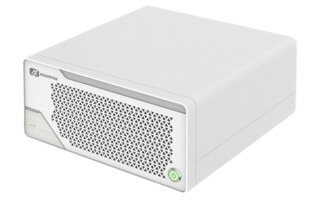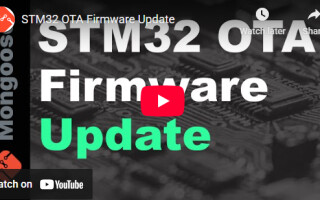Memfault Expands IoT Device Observability Platform with Update of Android OS SDK
February 17, 2022
News

Memfault announced expansion of their Android Operating System (OS) offering with the release of their Android SDK 4.0, adding new monitoring and over-the-air (OTA) update features.
Memfault’s Android SDK functions similarly to its Embedded MCU SDK, used by developers around the globe to proactively monitor and manage smart devices at scale. As Android OS is projected to see high growth due to the rising adoption of smartphones, tablets, wearable electronics, and other consumer electronic devices, developers will increasingly require a complete and ongoing understanding of fleet functionality and a near-instant ability to respond to issues.
Now, with full support for Android 8 to Android 12, Memfault enabled Android OS developers to have acute visibility into device health and root causes of bugs along with the capability to push remote patches and updates without disrupting the user experience. Organizations with electronics built on Android OS like Logitech, DMAI, and Taiv already rely on Memfault to more efficiently monitor the entire lifecycle of their devices.
Key Updates to Memfault’s Platform for Android OS:
Custom Metrics – Supports system-wide default metrics such as app versions, storage usage metrics, CPU, skin temperature metrics, and selected system properties, as well as anything a vendor wants to collect for the device.
Device Attributes – Managing devices at scale, especially for management and product teams, can be challenging with patchwork API calls, SQL databases, and third-party graphing tools. Memfault makes all this data available in one place with device attributes to simplify the tech stack and reduce the tech debt to manage fleets.
Improved Support for OTA: Incremental Updates – Using Memfault’s OTA Update Client and Management Dashboard, developers can manage more advanced software rollouts like staged rollouts and now Incremental Updates. These updates give developers more fine-grained control over the update paths of devices, to better manage bandwidth, costs, and associated risks.
For more information, visit: https://memfault.com/





